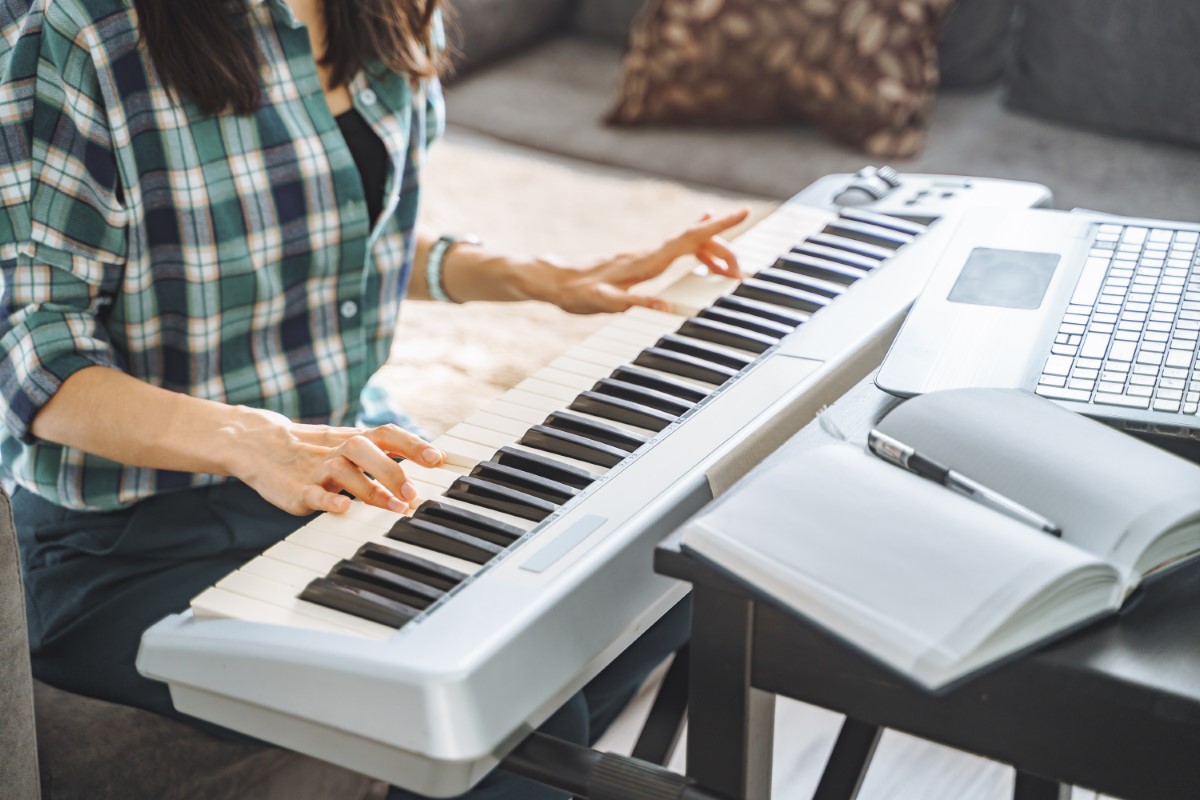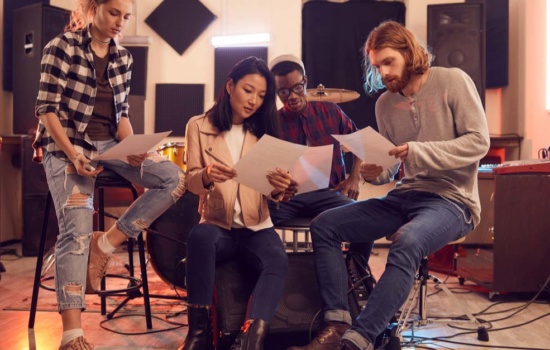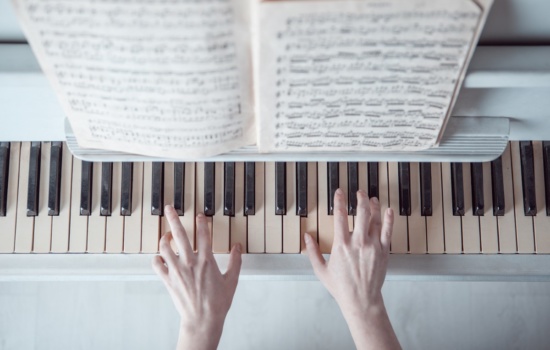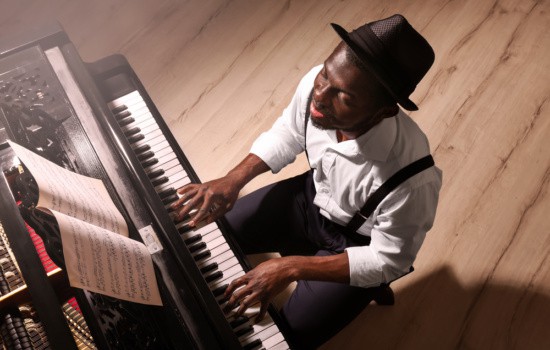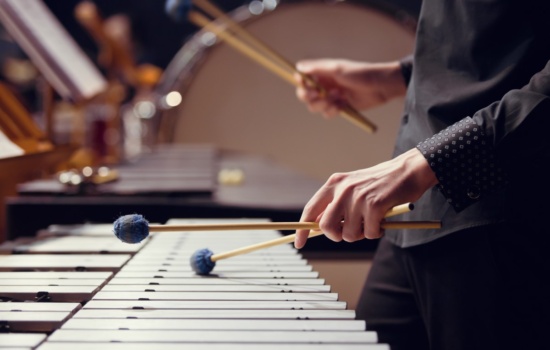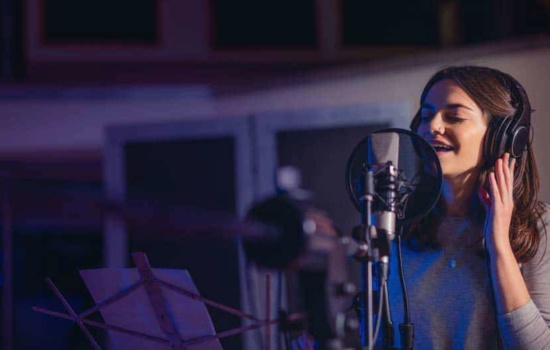Both reading sheet music and learning to play by ear have their own unique benefits when it comes to playing the piano.
Ultimately, a well-rounded pianist can benefit from both reading sheet music and learning to play by ear. Combining these skills gives you a comprehensive understanding of music, enhances your versatility, and helps you enjoy a wide range of music.
But here are the advantages of each…
